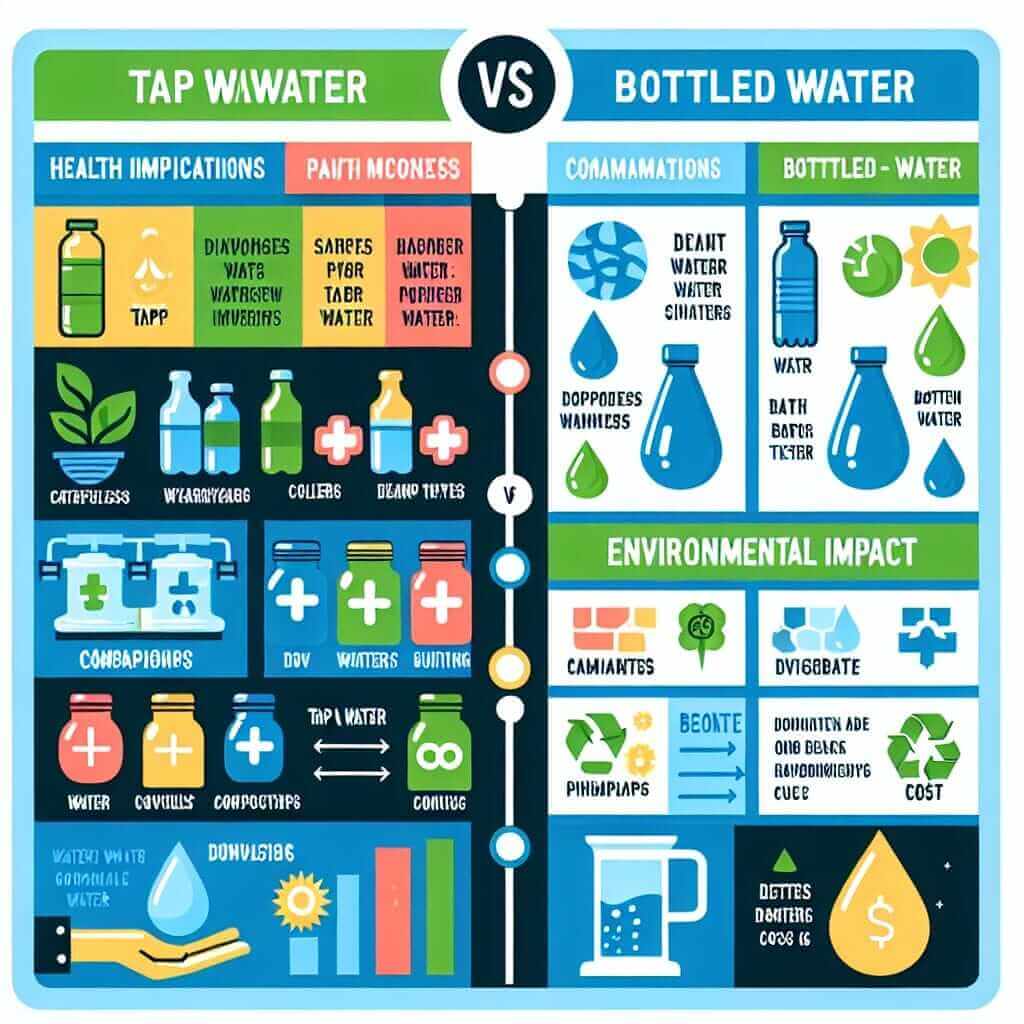As an IELTS instructor with over 20 years of experience, I often encounter students who struggle with the IELTS Reading section. One common theme that appears in various forms within the IELTS Reading section is the comparison of seemingly simple concepts – like tap water versus bottled water. Don’t underestimate these passages! They are designed to test your ability to quickly understand complex arguments, identify key information, and navigate diverse vocabulary.
Understanding the Significance of “Which is Better: Tap Water or Bottled Water?” in IELTS Reading
This seemingly simple question holds significant weight in the realm of IELTS Reading. Here’s why:
1. Testing Your Ability to Identify Key Arguments:
IELTS passages often present a balanced discussion, exploring both the advantages and disadvantages of each option. You might encounter arguments about health benefits, environmental impact, cost-effectiveness, and even social implications.
2. Navigating Scientific and Statistical Data:
Expect to encounter scientific terms related to water purification, mineral content, and potential contaminants. The passages might also present statistical data about consumption rates, environmental impact, or production processes.
3. Unveiling Bias and Opinion:
While IELTS passages strive for neutrality, they often include expert opinions or research findings that subtly lean towards one side of the argument. Your task is to identify these biases and understand how they contribute to the overall message.
Tackling “Which is Better: Tap Water or Bottled Water?” Passages Effectively
Here’s a breakdown of how to approach these passages strategically:
1. Skim for the Main Idea:
Quickly read the passage to grasp the general topic and the author’s overall stance. Look for keywords like “advantages,” “disadvantages,” “environmental concerns,” “health risks,” or “economic factors.”
2. Scan for Specific Information:
Once you have a general understanding, move your eyes quickly across the text to locate specific details. Pay attention to headings, subheadings, and any visuals like graphs or charts.
3. Practice Active Reading:
Engage with the passage by underlining keywords, circling unfamiliar vocabulary, and jotting down brief summaries in the margins. This will help you retain information and locate answers quickly.
Illustrative Example from IELTS Reading
Let’s consider this example question you might find after a passage about tap water versus bottled water:
“Do the authors believe that bottled water is always safer than tap water?”
To answer this, you wouldn’t look for a direct “yes” or “no” statement. Instead, focus on finding evidence that supports or refutes the idea of bottled water’s superior safety. Perhaps the passage mentions stringent purification processes for tap water or highlights potential contamination risks in bottled water due to plastic leaching.

Essential Tips for Success:
- Expand Your Vocabulary: Familiarize yourself with common scientific terms related to water, purification, and the environment.
- Practice Speed Reading: Regularly practice reading passages under timed conditions to improve your ability to find information quickly.
- Don’t Panic Over Unfamiliar Words: Use context clues and focus on understanding the overall meaning of the sentence.
- Review and Analyze Your Mistakes: After each practice test, carefully examine your errors to pinpoint areas that need improvement.
Remember, success in IELTS Reading requires a combination of vocabulary, comprehension skills, and strategic reading techniques. By approaching these “Which is better?” passages with a focused mind and a strategic approach, you can confidently navigate the complexities of this section and achieve your desired band score.